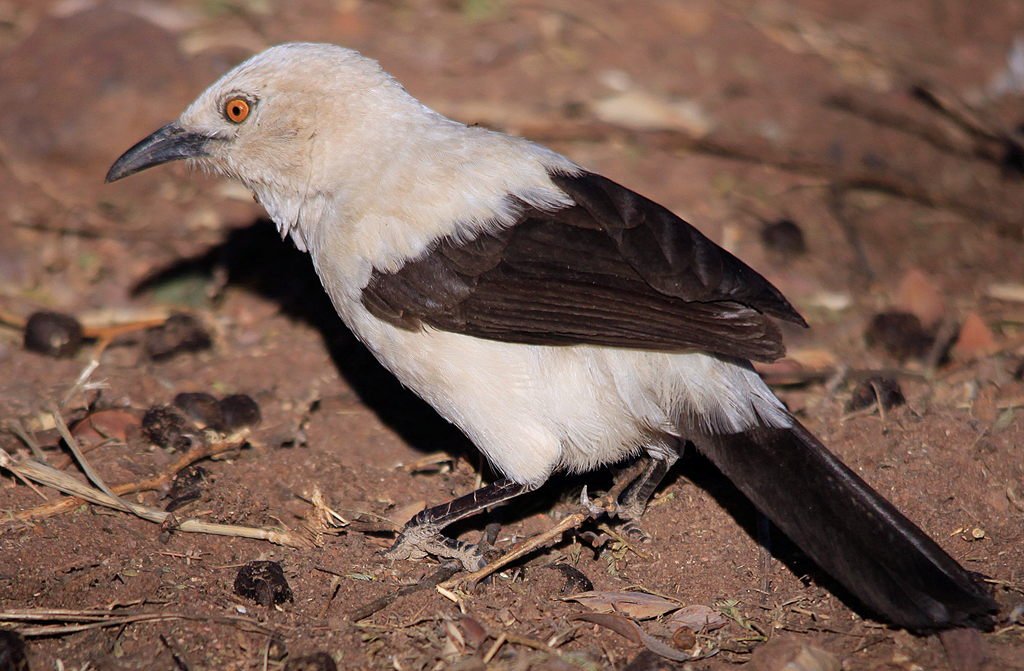News release
From:
General cognitive performance declines with female age and is negatively related to fledging success in a wild bird
Summary: Most animals use cognition to guide their behaviour, but high cognitive performance can be energetically costly. We tested wild southern pied babblers (Turdoides bicolor) on three cognitive tasks that measure the ability to learn associations, adjust them when conditions change, and control counterproductive behaviours. We found that individuals performing better in one task performed better in all, showing “general” cognitive performance (GCP). GCP declined with age in females while their reproductive success tended to increase. Accordingly, individuals with higher GCP raised fewer fledglings per year, suggesting a trade-off between the resources invested in reproduction and cognitive performance.



 Australia; NSW; WA
Australia; NSW; WA



